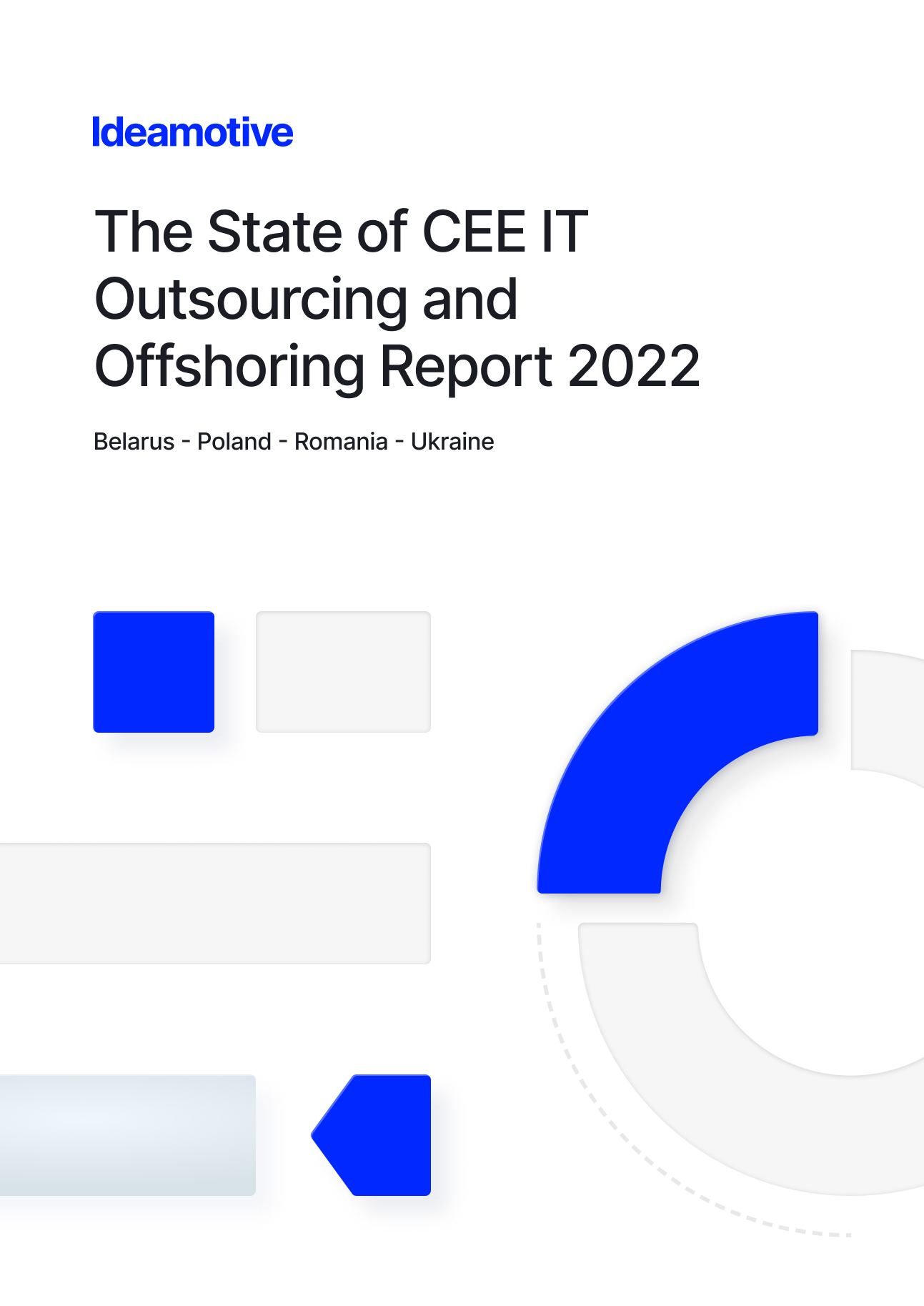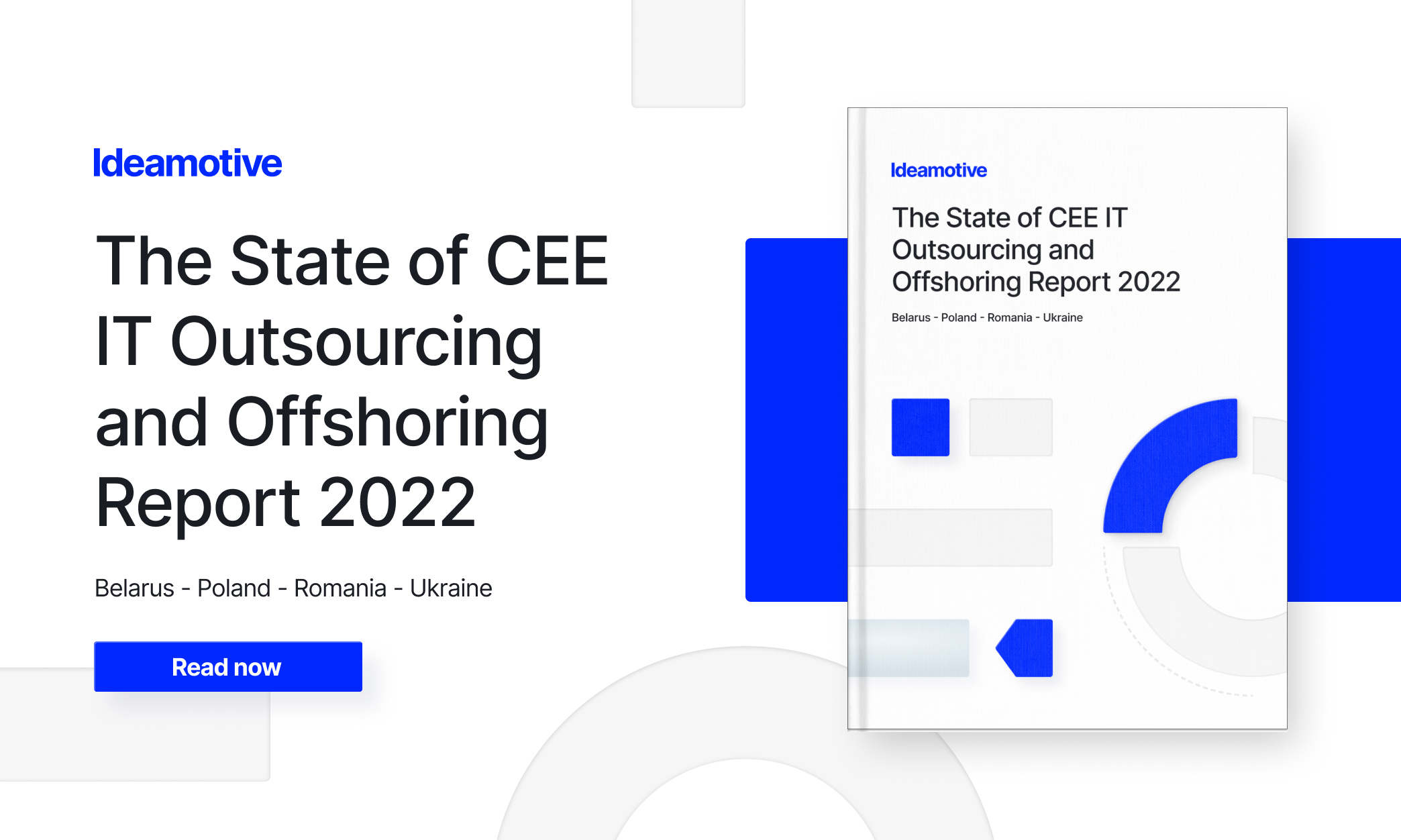In today's hyper-competitive economy, businesses of all sizes strive to achieve financial efficiency and growth. A critical resource in this pursuit is a Chief Financial Officer. CFO can effectively control and manage a company's finances, set budgets, oversee forecasts, and develop strategies aligned with business objectives. Yet, employing a full-time CFO may not be viable for every company due to capital limitations, headcount constraints, timing issues, or a lack of available talent in the market.
Did you know that the average CFO salary in the United States is $430,700 (as of July 25, 2023), while the average annual pay for an Outsourced CFO in the United States is $160,681 a year? (Salary.com)
Outsourcing CFO services presents an ideal solution to this problem, offering additional value while circumventing the challenges of hiring a full-time CFO. This article delves deeper into the concept of outsourcing CFO services and its potential to empower businesses with financial efficiency and strategic guidance.
Understanding the Crucial Role of a Chief Financial Officer (CFO)
What is an Outsourced CFO?
An outsourced CFO, also known as a fractional CFO, serves as a part-time member of the executive team, providing invaluable financial insights and decision-making support. This seasoned professional possesses the expertise to perform all the functions of a full-time CFO but at a fraction of the cost. It is essential to differentiate an outsourced CFO from an interim CFO, as the former becomes an integral and enduring part of the team, potentially working with the company for years.
What Do Outsourced CFOs Do?
Outsourced CFOs bring diverse financial expertise to the table and tailor their day-to-day activities according to the unique needs of the business. A significant aspect of their role involves financial strategy, where they take a long-term view and develop plans that span 3-5 years into the future. Collaborating with the executive team, they set challenging yet achievable goals and establish metrics to measure progress regularly. This enables them to provide strategic advice on essential aspects such as hiring, pricing, and investments to keep the business on track.
Another key responsibility of outsourced CFOs is to assist in building the financial infrastructure necessary for growth and scalability. This includes activities such as developing hiring plans, implementing technology, creating effective policies and procedures, establishing reliable budgeting and forecasting processes, and setting up systems to monitor key performance indicators (KPIs) and manage cash flows.
What is more, outsourced CFOs take charge of team leadership, overseeing financial reporting and analysis functions. They may manage the accounting team and conduct financial analyses to extract meaningful insights. Plus, they act as the primary point of contact for external financial partners, including tax advisors, bankers, and investors.
Outsourced CFOs often tackle special projects and one-off financial challenges that require specialized expertise. Such projects may involve raising capital, engaging in mergers and acquisitions, conducting accounting system overhauls, handling external audits, addressing complex cash flow or operational issues, and assisting with corporate restructuring and bankruptcies.

What are the Benefits of Hiring an Outsourced CFO?
- Comprehensive Financial Planning: Hiring an outsourced CFO brings a wealth of expertise to your financial planning efforts. They analyze your company's current financial situation, growth trajectory, and market dynamics to develop comprehensive financial strategies that align with your long-term objectives. With their guidance, you can set challenging yet attainable financial goals and establish a system for measuring progress. This strategic approach ensures that your financial decisions are well-informed and in line with your business objectives.
- Expert Financial Analysis and Improvement Suggestions: An outsourced CFO conducts a thorough analysis of your company's overall financial health, identifying strengths, weaknesses, and areas for improvement. They go beyond basic financial reporting to provide actionable insights and recommendations to enhance your financial performance. Whether it's optimizing cost structures, improving pricing strategies, or streamlining operations, their expertise helps you make data-driven decisions that lead to increased profitability.
- Assessing Viability of New Product Ideas: Introducing new products can be a risky endeavor, but an outsourced CFO can help mitigate those risks. By conducting detailed financial projections and using metrics such as Net Present Value (NPV) and Internal Rate of Return (IRR), they assess the viability of new product ideas. This analysis empowers you to make informed decisions about resource allocation, capital investment, and potential revenue streams, ensuring that you pursue only the most promising opportunities.
- Cost Optimization and Margin Improvement: Understanding and optimizing costs is crucial for any business seeking growth and sustainability. An outsourced CFO dives deep into your cost structures, identifying areas where expenses can be reduced without compromising quality. By focusing on cost optimization, your company can achieve better profit margins and a competitive advantage in the marketplace.
- Financial Reporting and System Enhancements: Outsourced CFOs have a keen eye for improving financial reporting systems. They ensure that financial data capture and reporting processes are accurate, efficient, and compliant with industry standards. Implementing reliable financial reporting systems gives you better visibility into your company's financial health, facilitating data-driven decision-making and enhancing transparency for stakeholders.
- Fundraising and Capital Advisory: When your business needs to raise capital or explore financing options, an outsourced CFO becomes an invaluable asset. They possess the expertise to advise on debt-to-equity ratios, evaluate potential funding sources, and craft compelling financial presentations for investors or lenders. Their guidance and financial acumen can significantly increase your chances of securing funding for expansion and growth initiatives.
Different Types of Businesses and Their CFO Needs
Startups and Small Businesses
For startups and small businesses, an outsourced CFO can be a game-changer. As these businesses face rapid growth and evolving financial needs, an outsourced CFO can provide valuable financial forecasting, long-term planning, and strategic financial advice. With limited resources, startups can benefit from fractional CFO services to navigate their way to success.
Medium-Sized Enterprises
Medium-sized enterprises often find themselves at a critical juncture, balancing the need for financial expertise with budgetary constraints. Outsourced CFOs can tailor their services to the specific needs of medium-sized businesses. They excel in cash flow management, providing detailed financial reports to support expansion plans, and optimizing financial operations for long-term success.
Established Corporations
For established corporations, outsourcing CFO services can offer specialized expertise during critical transitionary periods. Interim CFO solutions can fill temporary gaps in leadership and provide expert guidance for complex financial projects such as mergers and acquisitions, restructuring, or risk assessment. This flexible approach enables established companies to address financial challenges effectively.

Factors to Consider When Hiring an Outsourced CFO
Hiring an outsourced CFO with the right mix of industry experience, project expertise, systems knowledge, and strong communication skills can significantly benefit your business.
Their specialized insights, combined with a track record of success and a collaborative approach, make them a valuable asset in navigating financial challenges and driving your company's growth.
What should you remember about when looking for a long term outsourced CFO?
Relevant Industry Experience: Ensure your candidate has extensive experience in your industry or solving the specific problem you need help with. This expertise allows them to understand your business's unique challenges and goals, providing tailored financial solutions and strategic guidance.
Prior Project Experience: Look for an outsourced CFO with a track record of successfully handling projects similar to yours. Whether it's elevating financial strategy, optimizing cash flow, or expanding into new markets, their prior experience will bring valuable insights and best practices to your business.
Systems Experience: Consider a specialist who can also offer expertise in optimizing financial systems. A CFO well-versed in implementing efficient tools and processes can streamline your financial operations and improve overall business performance.
Relevant References: Request references from companies in your industry or at a similar stage of growth. Checking their track record with previous clients gives you confidence in their ability to deliver results and align with your company's needs.
Diverse Financial Training: Evaluate the CFO's financial training, such as having a CPA or other certifications like business valuation and forensic accounting. A well-rounded skill set adds versatility and depth to their capabilities in addressing various financial challenges.
Client Growth and Financial Operations Improvement: Seek insights into how the candidate has contributed to their clients' business growth and financial operations. Understanding their past successes helps gauge their potential impact on your organization.
Familiarity with Existing Financial Systems: If you plan to maintain your current financial systems, find an expert who understands and can work effectively with your existing setup. This ensures a smooth transition and seamless collaboration.
Communication Style and Responsiveness: Assess the CFO's communication style and average turnaround time for responses. Effective communication is essential for a successful partnership, and aligning expectations ensures a productive relationship.
Cultural Fit and Partnership: Explore how the CFO plans to partner with your company and ensure their approach aligns with your organization's culture and values. A harmonious working relationship fosters a more fruitful collaboration.
Last Tips: Finding the Right Outsourced CFO Provider
- Assess the Need: Identify if your company is facing higher-level financial challenges that go beyond the capabilities of a part-time bookkeeper and tax accountant.
- Look for Signs of Readiness: Watch for signs like lacking financial decision confidence, needing capital raise, data analysis challenges, cash flow issues, or overwhelmed accounting staff.
- Consider Cost-effectiveness: Compare the costs of hiring a full-time CFO versus an outsourced CFO, who typically charges by the hour or day.
- Prioritize Trust and Fit: Find a trustworthy outsourced CFO who fits well with your company culture and can serve as a valuable advisor to your executive team.

Outsourced Cfos May be the Right Direction
Outsourcing CFO services is a strategic move that empowers businesses with expert financial guidance, enhanced decision-making capabilities, and significant cost savings. By selecting the right outsourced CFO provider, companies can unlock their financial potential, optimize efficiency, and achieve sustainable growth.
With the support of an outsourced CFO, businesses can confidently make data-driven decisions and secure the future success of their organization. Maximize your financial efficiency today by exploring the wealth of benefits offered by outsourcing CFO services.












